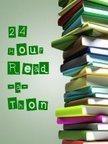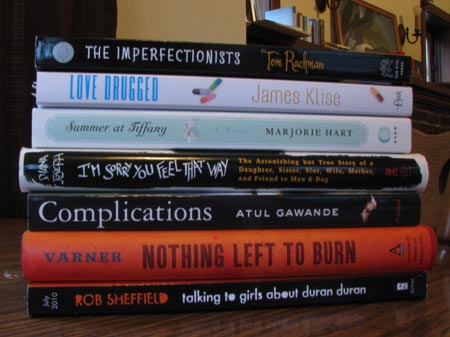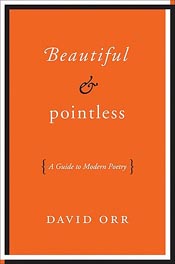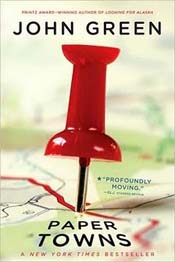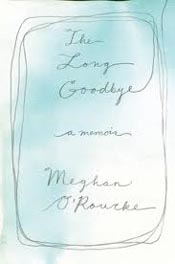Today is the Read-a-Thon! I’m psyched! Yesterday I posted my two very ambitious book stacks, finished cleaning my apartment (except doing laundry…), and got my pile of snacks ready. I suspect I meant to do more than that, but now I can’t figure out what!
This Read-a-Thon I’m at home in Madison in my very quiet apartment. My roommate is at a conference and my boyfriend is otherwise occupied for the day. I have Hannah, my cat, and a friend might be joining me later. I’m expecting a pretty chill day.
This is a sticky post that I’ll be updating throughout the day (most recent update at the top). And here’s some embedded links to any memes or challenges I participated in:
Allez viens!
Update #12: Hour 19, 1:11 a.m. CST
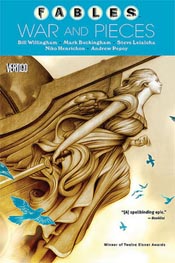 Pages Read: 1,420
Pages Read: 1,420
Books Read: I’m Sorry You Feel that Way by Diana Joseph, Summer at Tiffany by Marjorie Hart, Fables: Sons of Empire by Bill Willingham, Fables: The Good Prince by Bill Willingham, Nothing Left to Burn by Jay Varner, and Fables: War and Pieces by Bill Willingham.
Total Time Reading: 8 hours, 52 minutes
Snacks Consumed: Nothing this time.
I am… out of the reading chair and sitting in my bed. Movement (for the moment)!
Other Stuff: Fables: War and Pieces marks the end of the first major story arc of the Fables series — the final war with the Adversary for the Fables’ Homeland. It was a way to end that story arc, and setup ongoing conflict to keep the Fables stories coming. It seems fitting that I’d end my Read-a-Thon on that story, since Fables were such a huge help getting me through the long afternoon hours today.
And with that, I think the caffeine I drank in a cup of tea a bit ago is wearing off, so I think I’m going to (finally!) settle in with Talking With Girls About Duran Duran and read a couple chapters before I drift off to sleep.
Thanks for a great Read-a-Thon, everyone! I’ll be up tomorrow to do the End of Event Meme and try to come up with some thoughts about seriously doing the Read-a-Thon for the first time ever 🙂

